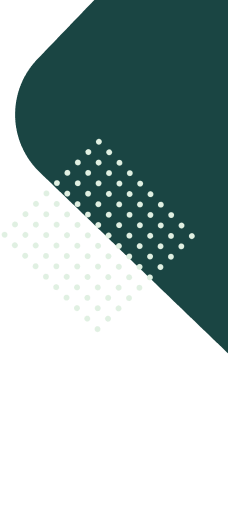You are the project director of a non-profit organization. You are tasked to look for a grant writer to create a grant proposal for your project. After finding one, you give the writer your general project ideas and some relevant documents about your organization. For you, it is already the duty of the writer to use the info and present your ideas into something that will surely capture the interests of funding institutions. You’re wrong.
This is a common mistake among grant seekers. Either they are just too trusting or too lazy. But it is still not enough that you hire a grant writer to do the work for you. The tasks of a grant writer are to only organize your thoughts, check the proposal for cohesiveness, make sure that there are no grammatical errors, and think of achievable outcomes and assessment measures that will convince funders to consider the project. The rest of the components of a grant request rely on you. Therefore, your duties as the project director stay with you all throughout the grant writing process.
Duties to Perform
What are the responsibilities that you should do after you hire a grant writer? Check these out:
1. Make sure that you have given the grant writer sufficient info about the activities.
These include the timeline or schedule involved in the project. You have to realize, you are the project director. He is only your grant writer. You should know what activities will take place right on the first day until the last activity period. He can play critic to what you will provide him or he can give you an example on how the project timeline is done. But please do not give this responsibility to him. He is not the one to do these activities. How can he possibly know if his ideas will work for your project or be applicable to your target beneficiaries?
2. Give your grant writer a list of programs or a flawless project design.
“Flawless” here means you have already checked the need for these programs in your target area. You have also discussed these programs accurately or in detail. You must design your programs in such a way that you do not give the grant reviewers the chance to ask you questions, such as: (1) How many times in a month will you hold each program?; (2) What is your target population for each program?; and (3) What is your expected number of participants for each program?
3. Clearly define your target population.
You can ask your grant writer for opinion because he is already an expert in this field. However, you must remember that you are the one responsible for the organization. You must be the one to know who will benefit from your programs.
4. Make sure that your goals and objectives are clear with the grant writer.
If not, the writer may have to do a rework. Worse, the grant proposal may not be directed toward what your organization is trying to achieve.
5. Review the final output of the grant writer.
Again, do not rely too much on your grant writer. Remember, the details on the grant request reflect your proposed project. Check the proposal for the accuracy of info and for the viability of the project. This is not about being doubtful; this is only about being definite.
Grant writing is a partnership that when established successfully will pave the way for an effectively written and presented grant proposal and a successful application. In this case, the old adage “Two heads are better one” holds true: one who has the plans (you) and one who can present these plans well enough to catch the attention of the reviewers. Definitely, each one is dependent over the other. Because you have played your role perfectly during the grant writing process, you can also take the credit for a job well done.
Want to hire a grant writer? Contact us now.







